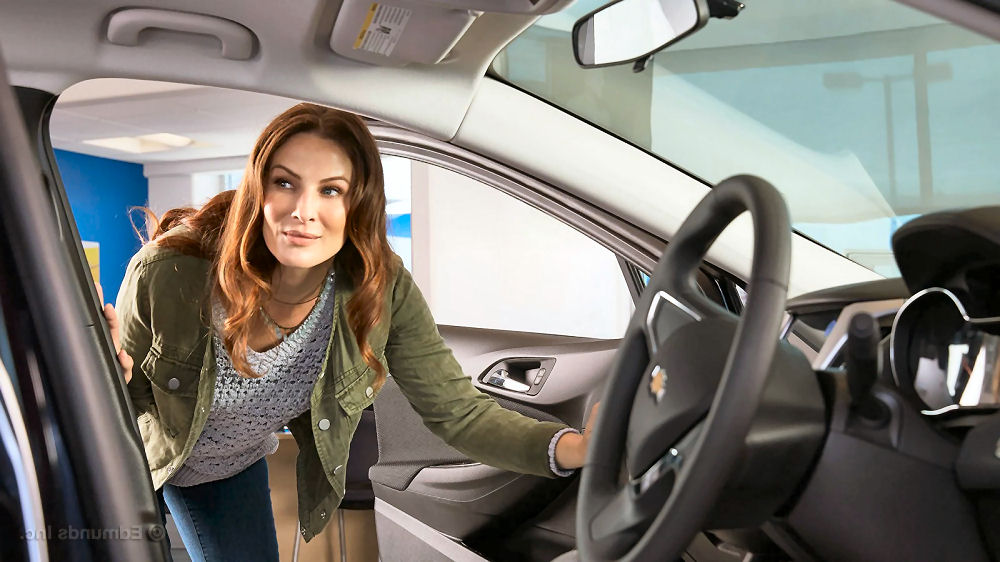Purchasing a car is a significant investment whether it is meant for business or personal use. Due to the convenience and flexibility it brings, owning a car has become a necessity in this day and age. While it may be easy to decide to get a car, there are several considerations that you will need to bear in mind to make the right decision. From durability, operating costs, features, and technology, here are factors to consider when choosing a car.

1. Features and Technology
Technological advancements have introduced features that increase comfort and security. These features include emergency service and tracking software in case of theft, safe exit assist, which aims at protecting cyclists, teen driver technology, and a 360 – degree camera. While they are beneficial, you should not invest in technologies you will not put to use. The sale value of the vehicles with enhanced technologies tend to be much higher.
2. History of the Car
If you are purchasing a car from a previous owner, consider the vehicle’s history. The car’s age will have a direct impact on the vehicle’s running costs as it tends to need more repairs and maintenance. The care given by the previous owner is an essential factor since some may have neglected its maintenance or used it for long off-road journeys. The car’s condition will significantly depend on this history which you can get from an honest dealer.
3. Operating Costs
All vehicles have an operating cost different from the initial purchase price. The car will need gas or electricity, repairs, maintenance, insurance, and taxes. These costs may lead to a vehicle being too costly to maintain after purchase. Consider purchasing a car that will reduce the operating costs, such as the electric car, with low fuel costs and fewer parts to repair and maintain.
4. Price and Financing
Every car owner and driver would love to have top-of-the-range vehicles with enhanced features, technologies, and optimal performance, but the cost is a restraining factor. If you do not have a source of financing and the seller does not offer an affordable or flexible payment option, it is best to settle for an affordable one. Do not settle for too low prices, which may signify poor quality and standards.
5. Durability
Since the car you are purchasing is an investment with a hefty price, it should be durable. Some vehicle brands are more durable than others and will probably give better service. Although these brands come at a higher value, the overall value compared to the others will always be much better. These vehicles require fewer repairs and maintenance hence saving you much more in the long run.
6. Safety
Safety is among the crucial factors to consider when choosing a car to ensure that no accidents or injuries are sustained in the period you will be using the vehicle. Ensure the car has the LATCH child safety seat system if you travel with children. Check for electronic stability control, lane-keeping assist, forward collision warning, blind-spot monitoring systems, and automatic emergency braking systems. While these safety features may increase the final cost of the car, they will prevent huge losses, accidents, and injuries.
7. New or Used
Do you want a new or used car? A used car comes at a depreciated value and is much more affordable, although it may have its underlying mechanical problems. Consider cross-referencing the ownership details of the used car before purchasing it. It is also a good idea to take it for inspection so that you do not end up buying junk. New Vehicles are much more trustworthy and efficient though costly.
8. Purpose of the Car
The purpose of purchasing the car should be among the initial factors for consideration. The purpose will always predetermine the vehicle’s specifications. If the car will be used for off-road travels, it is vital to have it modified or purchase a vehicle that fits off-road use. The intended use will help you narrow down the type of car to look for.
9. Research Dealerships
One of the best places to get a good car is at the dealership. To find a good dealership, check the customer reviews and their experiences. Consider the models and brands you desire, whether vintage or something you can find from classic car dealerships. You can also ask friends and family to help out with their recommendations then pick a dealership with the best services and prices.
10. Residual/ Resale Value
The resale value is the cost of the car as it starts to depreciate. While cost consideration is essential, research the cars with a substantial resale value. Some of the vehicles that come with higher dealer rebates could cause your car’s value to depreciate at a much faster rate. Another pointer that a car may depreciate much quicker and have a lower resale value is if they have flooded the market. Proper research will help you determine the vehicles with a better residual value.
Conclusion
Deciding to buy a car is not a simple decision and not knowing what to consider before making the purchase makes it even harder. While there are several factors to consider when making this decision, the above ten points will help you get started.
